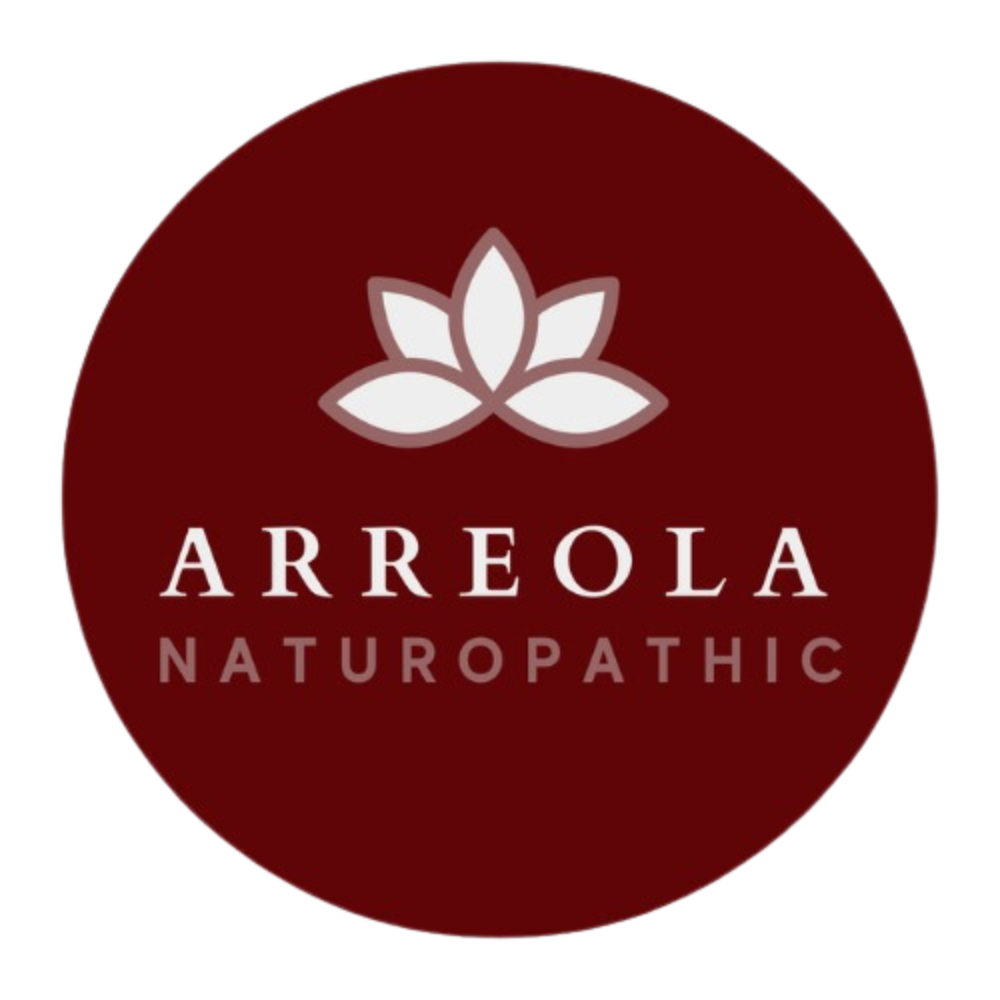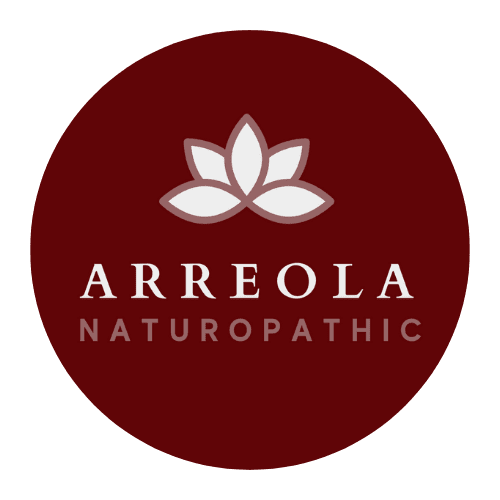How to Reduce Inflammation, Naturally!
This term is constantly being tossed around and last week, a patient asked me “what does it actually mean when you or another doctor says I have inflammation?“. I then did a poll on my Instagram stories to see how many others weren’t quite sure what this mean and turns out, a lot of people know it’s not good, but not much past that. So let’s talk about it!
What is Inflammation anyways?
At its core, inflammation is actually a defense mechanism your body has created in order to protect itself. Physically, this presents as a portion of your body becoming hot, red, swollen, and sometimes painful in response to an injury or infection.
Because it is a defense mechanism, it is not always considered a bad thing. The most common inflammatory response that has gotten a bad rap, is getting a fever.
- A fever happens when your body has detected an invader (usually a virus or bacteria) and increases the temperature systemically (meaning all over your body) in an attempt to kill it off. In this case, a fever can be a good thing because once your body reaches a certain temperature, the pathogen should have been exterminated, the fever should “break” and your body should start to cool down naturally (i.e., sweating).
The point I am trying to make is that inflammation that occurs acutely (meaning for a short period of time) can actually be beneficial for us because the purpose is to defend our body from an invader. It’s when inflammation turns chronic that it can become concerning.
How does acute inflammation turn chronic?
Acute inflammation can turn chronic when it doesn’t “turn off” when it should. This can be due to a variety of reasons:
- Your body is having difficulty getting rid of the invader (bacteria, virus, parasite, chemical toxin, etc…)
- Your body has mistaken its own tissues and organs as foreign and is attacking itself (occurs in autoimmune disease)
- You have slowly been increasing your levels of inflammation by regularly eating pro-inflammatory foods (such as highly refined carbohydrates and sugar) or participating in activities that ↑ inflammation (smoking cigarettes)
How is chronic inflammation measured?
- Acute inflammation is easily seen /measured because the combination of redness, heat, and pain is difficult to ignore.
- Think of falling off your bike as a kid and scraping your knee on the asphalt. Your knee would turn red and hot and begin to swell which caused it to ache. It was clear that the inflammatory process had started, but chronic inflammation isn’t always as easy to see.
- Chronic inflammation is not always easy to identify. Although there are symptoms associated, they are often vague and not easily linked to inflammation. Because of this, certain lab values are responsible for measuring inflammation. These include:
- C- Reactive Protein (CRP)
- Erythrocyte Sedimentation Rate (ESR)
- Plasma viscosity (PV)
What are the signs of chronic inflammation?
As I mentioned before, the signs and symptoms associated with chronic inflammation are not always easy to identify. Unlike falling off a bike and scraping your knee, there is no redness, pain, and heat alerting you to the problem. Chronic inflammation is often more widespread across the body and that is why the symptoms can seem so “vague”. Some of the most common symptoms of chronic inflammation include:
- brain fog
- gut health issues (IBS, loose stools, undigested food in stool, skinny pencil-like stools)
- chronic fatigue
- unexplained joint pain
- & many more…
How can I reduce my levels of inflammation, naturally?
So at this point, you may feel like maybe you do have some inflammation going on but are unsure how to tackle it. Here are my 3 top recommendations for reducing systemic inflammation:
- EAT AN ANTI-INFLAMMATORY DIET – What’s an anti-inflammatory diet? One that is high in nutrient-dense foods like vegetables, fruits, beans, and protein (plant-based when possible) while being low in inflammatory foods such as ultra-refined grains, added sugar, highly-refined oils, and so on.
- DITCH THE CIGARETTES AND LIMIT THE ALCOHOL – Cigarette smoking and excessive alcohol intake are the best ways to skyrocket your body’s levels of inflammation. Seeking counseling to quit smoking and limiting your alcohol intake to 2-3 glasses of red wine per week can substantially reduce your inflammation levels.
- ADDRESS YOUR STRESS – This is the most underused and underrated action to fighting inflammation. Psychological stress has been proven to PROMOTE inflammatory pathways in the body. So, if you suffer from chronic stress and are not actively incorportaing stress-reducing techniques, take this as a sign to get started! Here’s an awesome article on some ways to start.
𝐏𝐑𝐎 𝐓𝐈𝐏: Take charge of your health now, while it’s an option to optimize your life. Don’t wait until it’s a means of survival.
I hope this was helpful to you. If you want more personalized guidance on improving your health, I’d love to work with you. If you are interested, you are welcome to book an appointment with me when you’re ready!
Wishing you health & happiness always,




